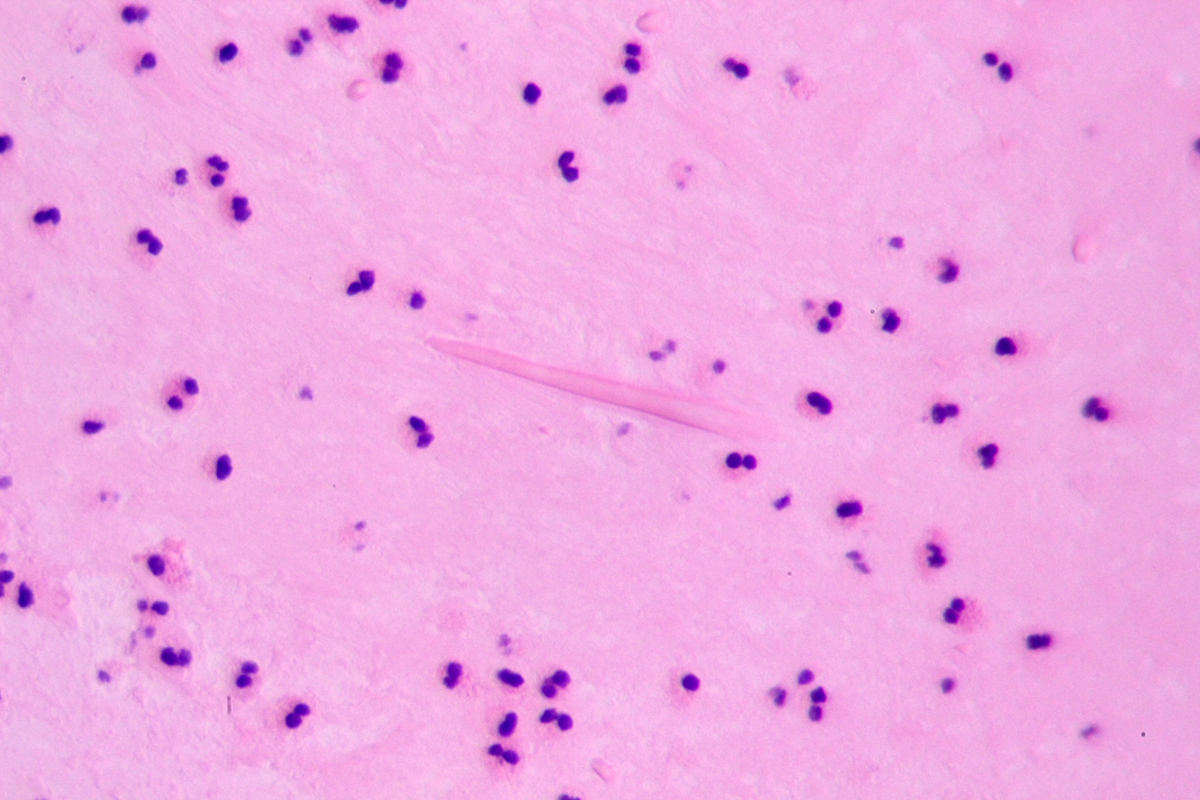
Acute sinusitis
Some people are especially prone to sinus problems and they may develop chronic sinusitis. In this case the symptoms are the same as the ones mentioned above but there is also post-nasal drip, thick green or yellow mucus, dry cough and bad breath.
Acute sinusitis is usually caused by bacterial or fungal infection, while chronic sinusitis is more likely to be associated with immune reactions to allergens, which can include traffic pollution, chemical agents, smoke, pollen or some foods. Nasal polyps and teeth problems can also cause it.
Conventional treatment
Most doctors tend to prescribe antibiotics for sinusitis, even though they are not always effective. Other medications can include decongestants and corticosteroids.
However, decongestants can cause insomnia and irritability, and some experts believe that the long-term use of decongestants leads to an addiction.
Corticosteroid nasal sprays aim to relieve inflammation and swelling, but their side effects can be quite serious and include peptic ulcer, hypertension, acne, glaucoma and weight gain.
Antibiotics and corticosteroids suppress the immune system and prevent the body from healing on its own.
If all the conventional medications fail to cure sinusitis, there are surgeries to enlarge the openings of the sinuses and let the mucus drain but those procedures do not guarantee 100 percent recovery.
Natural treatment
Compounds that are known for their ability to break down mucus are highly recommended for sinus problems. Bromelain is an enzyme found in pineapple, which fights infection and reduces inflammation, and it enables the faster and more complete drainage of mucus in the blocked sinuses.
In case sinus problems are caused by bacterial or fungal infections, it is also recommended to use olive leaf extract and goldenseal.
Vitamin C is a powerful vitamin, which can reduce inflammation, fight the infection, boost the immune system but also reduce histamine levels and thus relieve the swelling. It is recommended to take one gram three times a day.
Zinc is also very helpful. It fights the common cold virus, boosts the immune system and its recommended dosage is 15 mg three times a day.
There are also many ways to prevent sinusitis altogether. Since it is often caused by allergies, it is recommended to get tested for different allergies and then eliminate their source. This especially goes for dust mites, which are hidden and most people do not even know they are there.
Some foods promote formation of mucus and are therefore to be avoided. Such foods include dairy products, eggs, fatty foods, sugar, pastry, chocolate, beer, and anything with additives.
On the other hand, some foods are known for their ability to clear the sinuses. Those are garlic, onions, ginger, chili, mustard and pineapple.
Drinking plenty of water is also advised, as bigger amounts of water thin the mucus and make it easier to expel.






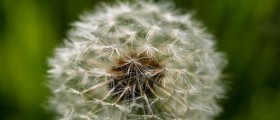




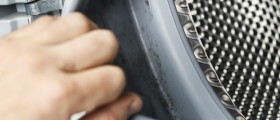
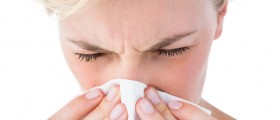
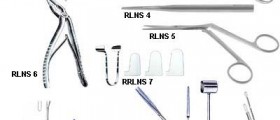
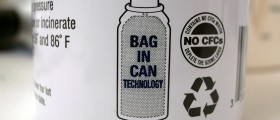
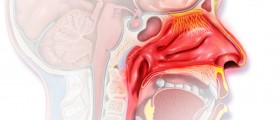

Your thoughts on this
Loading...